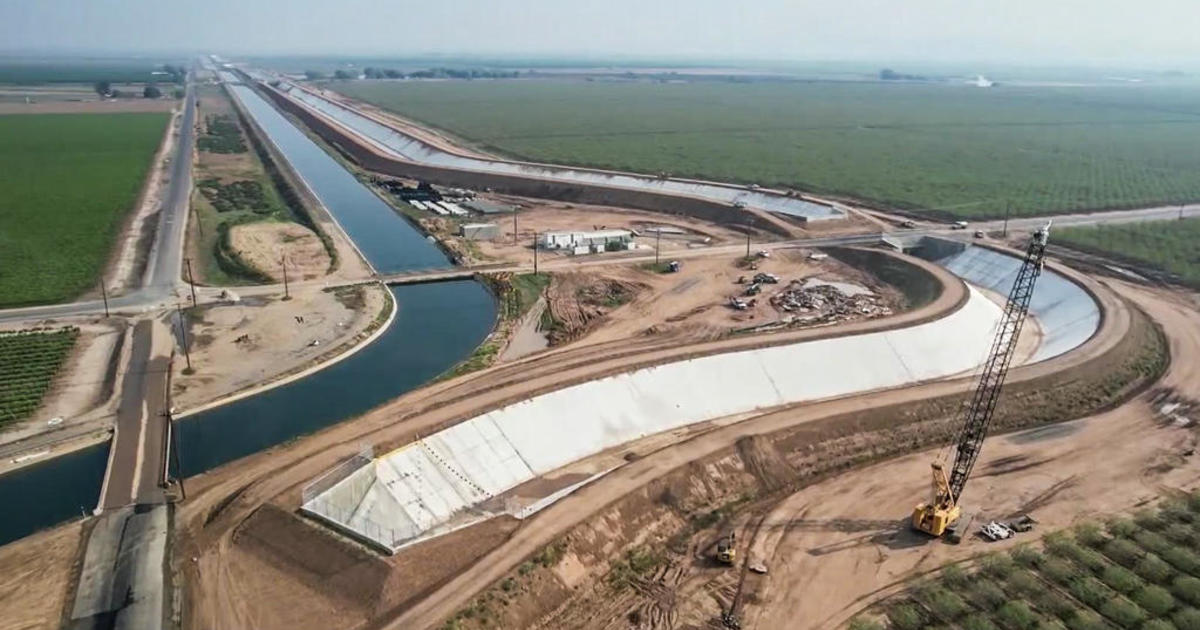Some Critics Warn Of Promised Financial Benefits Of Prop 64
DENVER (CBS SF) -- While California appears set to follow Colorado's lead on legalized recreational pot, some critics claim voters were fooled by a false promise by marijuana backers in that state.
Shaun Gindi has two pot stores and a grow warehouse in the Denver area where he employs about 40 people.
"I went from having a small space that was a series of little rooms to a nice built-out dispensary," said Gindi.
He has doubled his product and staff since recreational pot was legalized in 2012. Its been big business for Gindi and big business for Colorado
"In fiscal year 2015-16, the state generated $141 million in tax revenue, plus another $15 million for various licensing fees," said Mason Tvert of Marijuana Policy Project.
Recreational marijuana has brought in millions of dollars state taxes to Colorado. If California voters approve Prop 64, it is expected to bring in about a billion dollars. But some critics are wondering where the money will go.
In California, it will cost tens of millions of dollars for regulation. But after covering that expense, the money would be split up like this:
- Two million going to medical marijuana research
- 10 million a year for 11 years to public California universities to research Prop 64's impact
- Three million annually for five years to the CHP to learn how to deal with stoned drivers
- Ten million the first year -- and increasing each year by 10 million dollars until 2022 -- to local health departments
The rest will be divided among youth and prevention programs and environmental damage control from illegal grows.
Dr. Kevin Sabet of the group Smart Approaches to Marijuana was skeptical about those figures.
"These are empty promises and the tax revenue argument is something that you wave a few bucks in front of people and say, 'I promise we'll get you money,'" said Sabet. "They haven't constructed one new school in Colorado or Washington State from pot money."
California's model doesn't promise money toward schools, but rather educational programs, something some counties in Colorado are taking advantage of.
"Its about taking that money out of the underground market, generating revenue instead of having that money go to cartels and criminals," said Tvert.



